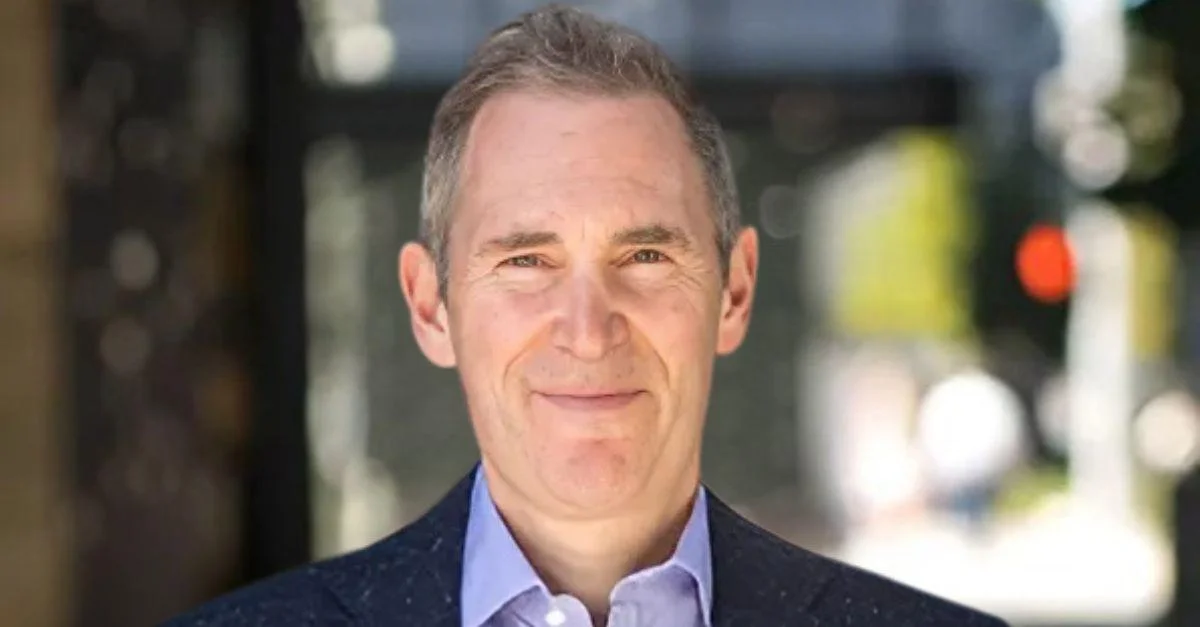When Hurricane Helene struck western North Carolina in 2024, the resulting destruction left communities isolated. Damaged roads and bridges, as well as failed power and communications networks, made traditional disaster response efforts difficult. Cellular companies could not deploy equipment due to blocked access routes, and helicopters faced challenges providing power for communications devices in areas without electricity.
These circumstances have influenced Amazon’s recent development of disaster-relief technology kits. The kits are designed to be used by local relief organizations and first responders at no cost when emergency systems and infrastructure are unavailable. According to Jeffrey Schweitzer, who leads Amazon’s disaster-relief technology operations and innovation, "In every single disaster, that’s the common denominator. The faster people can talk to each other and share information, the quicker we can reduce the chaos and help communities recover." He added, "We’ve designed these kits so that following just four simple steps gives you power, connectivity, and the ability to enable everyone in your community center to talk to the world."
Each kit is modular with components that work independently or together. They include solar panels and batteries for charging phones or running medical devices; networking options such as Wi-Fi, satellite links, or mesh routers; and sensors for mapping surroundings or sharing data during search-and-rescue operations. The design aims for simplicity so that individuals with minimal technical training can use them.
Amazon has tested these kits in field simulations such as Operation Appalachia Resolve in West Virginia. More than 40 employees participated in a scenario replicating post-hurricane conditions. Participants set up off-grid power sources, established communications networks, launched drones for damage assessment, provided potable water sources, and erected tents.
The company also provides its technology at a lower cost compared to commercial solutions on the market. During wildfires in Los Angeles, Amazon supplied volunteer fire departments with drone detection tools typically too expensive for local agencies.
Operation BBQ Relief is one nonprofit using Amazon’s technology resources to track food trucks and coordinate meal delivery after disasters. Jeremy Bruce from Operation BBQ Relief said: "I don’t have the big budgets to buy the big equipment," adding that partnerships like this "helped us have a great impact." He further stated about meal delivery after disasters: "When you hand someone a hot meal that’s balanced and nutritious... it gives them hope they need in their worst time."
Looking ahead, Amazon plans to train more than 140 volunteers by 2026 and deploy dozens of disaster-relief technology kits through nonprofit partners across affected communities.


